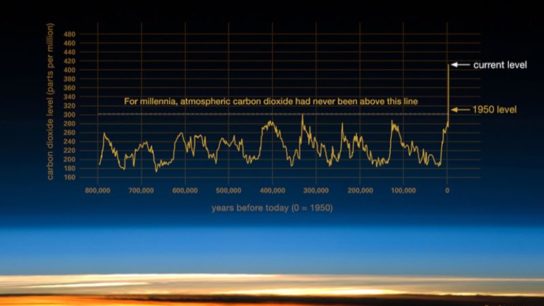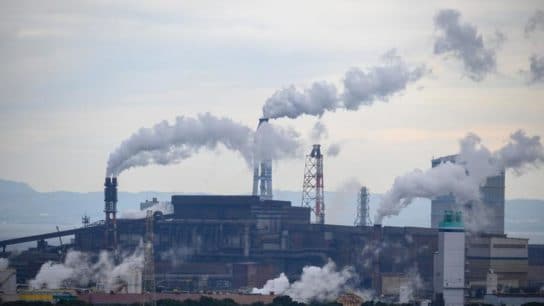Since a Swedish pioneer of climate science named Svante Arrhenius first pointed out the global warming effect of coal burning in 1896, many studies and reports have been published. The concept of the “Climate Crisis” only made headlines 30 years ago and it has grown into a global concern. But why did it take so much time? Because the ideas of responsibility and vulnerability to climate change have been difficult to come to grips with.
—
The Paris Agreement was signed in 2016 in an effort to reduce global emissions and mitigate climate change. The 189 signees have committed to keep the increase in global mean surface temperature (GMST) to less than 2°C above pre-industrial levels. However, many countries’ pledges remain highly insufficient to reach this goal. In some cases, appropriate action would damage the economy and the country’s citizens too much, but in others, an unwillingness to combat the fossil fuel industries is at fault.
Many of the countries most vulnerable to climate change (as measured by the ND-Gain index), contribute only little to global emissions. On the other hand, the largest emitters with the strongest economies (particularly the US and China), are taking the least action.
Green: Sufficient
Blue: Partially Sufficient
Yellow: Insufficient
Red: Highly Insufficient
You might also like: Global Emissions (2016)
References:










![The Statistics of Biodiversity Loss [2020 WWF Report]](https://u4d2z7k9.rocketcdn.me/wp-content/uploads/2020/12/lprwinkyTHB-544x306.jpg)





